Who we are / Where we started
For over 140 years, YWCA Australia has been working at the forefront of gender equality.
Our five-year strategy—the YWCA Evolve Strategy, or as we like to call it, YeS 2026, will ensure that we continue to advance gender equity and maximise our social impact for young women, women and gender diverse people.
Quick Links:
Our YeS 2026 strategy
A FUTURE WHERE GENDER EQUALITY IS A REALITY
MAKING YOUNG WOMEN’S LEADERSHIP AND WOMEN’S HOUSING OUR PRIORITY FOR GENDER EQUITY IN AUSTRALIA
YOUNG WOMEN AND WOMEN EXPERIENCE INCREASED WELLBEING, SAFETY AND SECURITY IN THEIR HOMES
YOUNG WOMEN LEAD POLICY AND SYSTEMS CHANGE FOR EFFECTIVE HOUSING PATHWAYS AND SOCIAL SUPPORTS
Why is this change needed?
Our Core Activities
This is how we implement our strategy.
Deliver safe and affordable housing and referral pathways for young women and women.
We will work towards recognition that we are a leading provider of solutions that achieve sustainable housing outcomes for women. In recognition of the fact that the risk factors for housing insecurity are gendered, we will grow our national housing presence and bolster referral pathways to ensure wraparound support for our clients and residents.
3–5 year delivery outcomes
-
A clearly articulated feminist housing approach informed by thegendered and intersectional drivers of housing risk, pathways, unmetneeds and requirements.
-
YWCA as a national housing provider, with housing in regions beyondour current footprint.
- A well-established referral network, so residents can easily access the support that meets their needs.
Provide case management and support to young women and women at risk of, or experiencing, homelessness.
We can become Australia’s only national women’s housing and homelessness organisation through an uplift in service delivery capability, tailoring services to meet our beneficiaries’ specific needs and progressively incorporating our intersectional feminist approach. We can deliver high-impact services and progress towards our long-term outcomes by piloting programs and partnerships that grow our evidence base and incorporating those insights across housing and service delivery. We can achieve growth by offering specialised evidence-based services and strengthening our government relationships
3–5 year delivery outcomes
-
Our case management and support services assist our beneficiaries byaddressing the gendered and intersectional drivers of homelessnessand housing risk, including family and domestic violence as the key driver of women’s homelessness.
-
We grow our specialist services incrementally, to address currentmarket gaps and unmet needs.
-
Targeted programs for young women and women at risk of homelessness and housing insecurity.
Create tailored leadership pathways for young women with lived experience in homelessness and housing risk.
This recognises that young women with lived experience have unique and valuable knowledge and expertise to share. It recognises the principle of ‘nothing about us without us’, and ensures the organisation is informed and grounded by lived experience in our planning, delivery and impact.
3–5 year delivery outcomes
-
A series of co-designed leadership opportunities for young women withlived experience in homelessness and housing risk.
-
Lived experience and young women leaders inform our governance, strategy,research and advocacy, policy and service practice.
-
We are a go-to for stakeholders and decision-makers who seek toengage with the lived experiences of young women in housing andhomelessness risk.
Strong advocacy in collaboration with members for young women and women’s housing, support services and systems change
Our reputation and credibility are tied to and advance our purpose, strengthened by focused advocacy to inspire and drive systemic change. To support the change we want to see, we listen and learn from young women with lived experience of homelessness and housing risk, build active member communities to amplify our reach, deliver consistent brand positioning and communications and develop a strong evidence base.
3–5 year delivery outcomes
-
A broad membership base that demonstrates our national reach andvoice.
-
An active member network that undertakes advocacy campaigns atthe local, regional, and national levels.
-
Our advocacy campaigns are tied to our purpose and focus on housingand homelessness as well as safety, with an intersectional feminist lens.
- Our amplified voice is credible and influences systemic change.
Apply an Intersectional Feminist approach to achieve sustainability and impact.
We are true to our values, culture and purpose, delivering impact and sustainability for a strong and enduring future. Intersectional feminism will be our culture in action, and we will maintain financial viability and self-sufficiency. We will increase our impact and achieve our long-term social outcomes.
3–5 year delivery outcomes
- Our decisions are informed by principles and criteria for intersectional decision-making, impact and sustainability.
- There is a strong understanding of intersectional feminism across our organisation.
- We have an established national Impact Reporting Framework that reports our national impact for continuous improvement, accountability, evidence and advocacy.
- Our business and investment models are viable for the future.
Access to safe, secure and affordable housing is a fundamental human right and driver for gender equality
Young women, women and people of marginalised genders disproportionately experience housing stress and instability, challenges accessing safe and affordable housing, and the risks of homelessness. The majority of people accessing specialist homelessness services are women (60%) and they are most frequently aged 25 – 34 years old (AIHW 2020).
Housing and homelessness are intersectional feminist issues
There is a critical need for specialist feminist housing responses and supports that understands intersectional housing pathways and address existing and unmet needs. This includes a deep understanding of how family and domestic violence affect housing needs and pathways, support requirements and wellbeing. Targeted early intervention is required.
There is an additional priority need for systems and structural change, to deliver a future where gender equality is a reality.
This must be led by young women in all their diversity and gender diverse people, who can integrate their lived experiences into their advocacy and leadership activities.
In 2019 YWCA National Housing conducted a study with 1,040 women across regional Australia, including 190 women from Victoria (18.3%). The study highlighted the challenges for women on low to moderate incomes in regional areas:
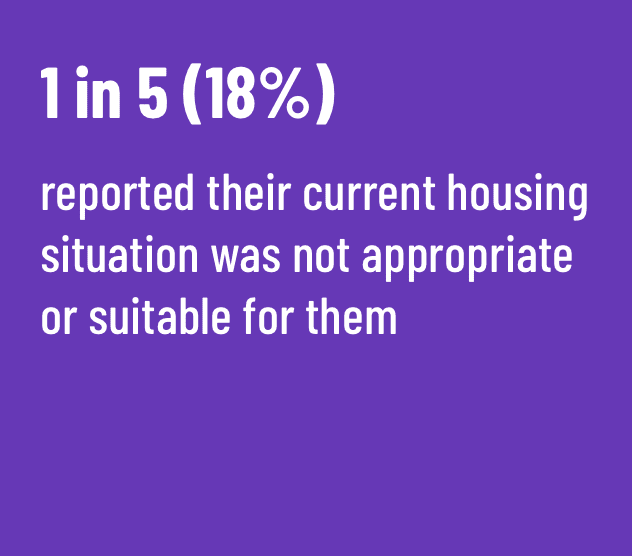
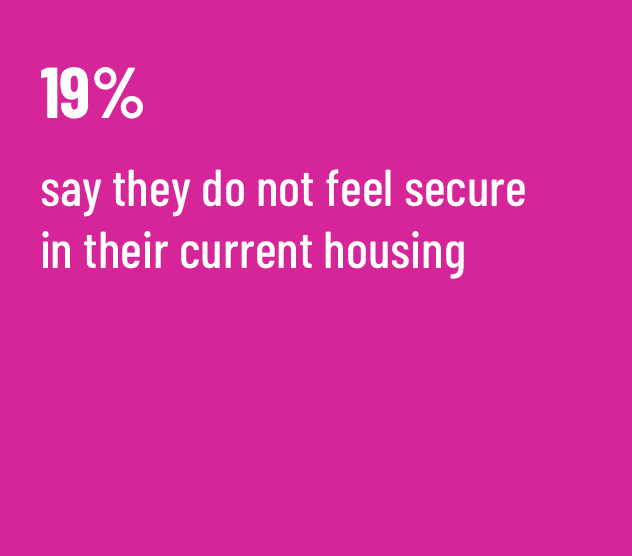
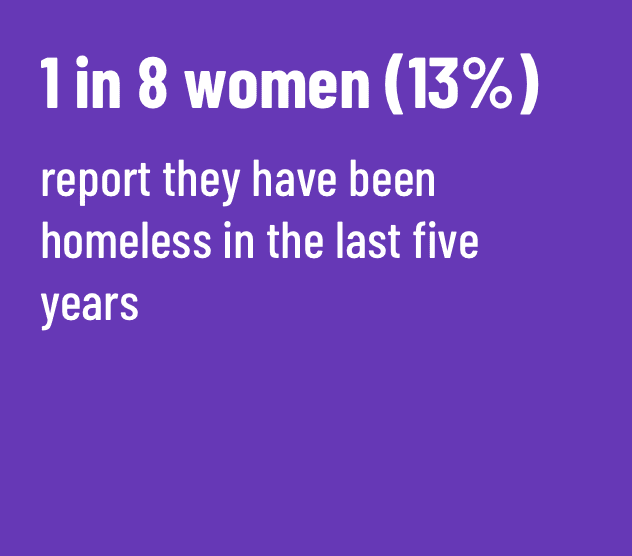
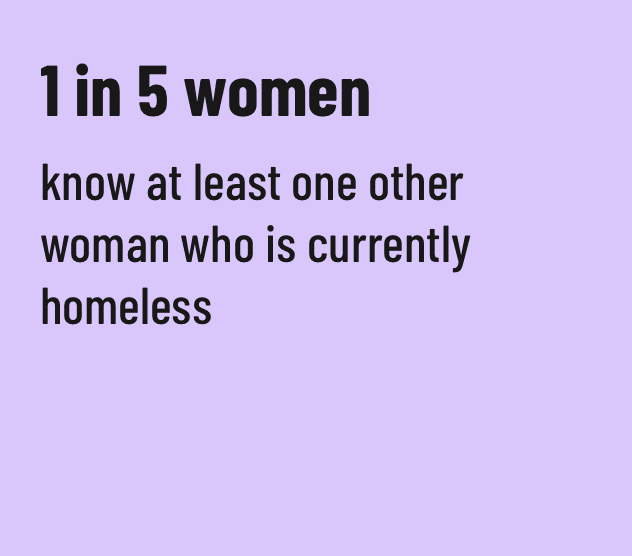
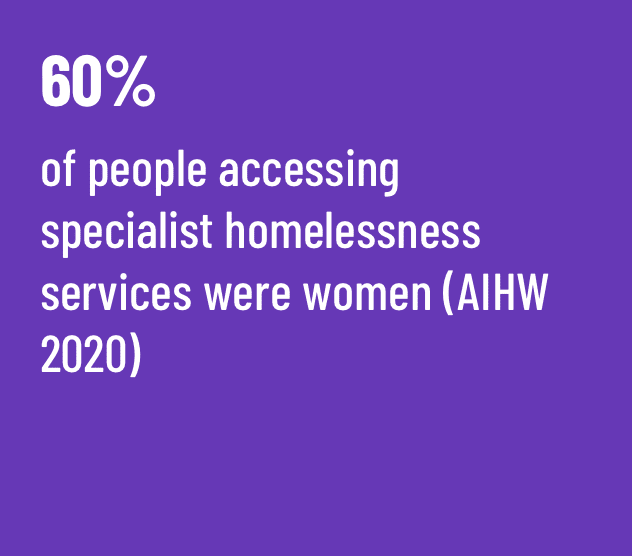
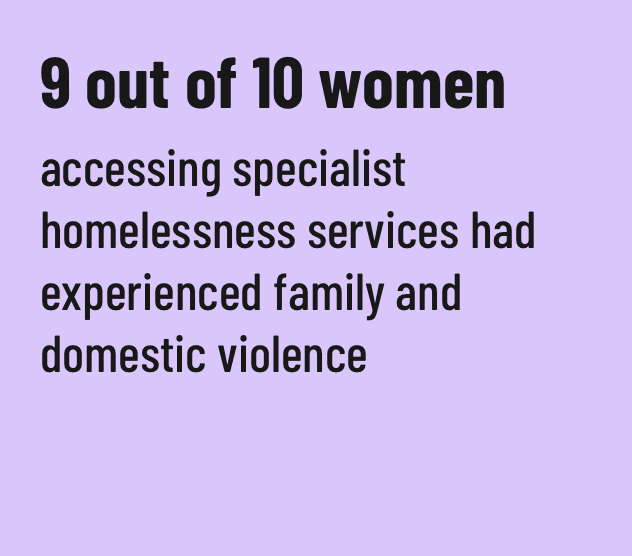
What’s next?
This is a big change. And one we will implement together with our teams, members, funders and supporters.
Our YeS 2026 is vitally important to gender equity, and we will need your support to ensure we continue serving the needs of young women, women and gender diverse people into the future.




